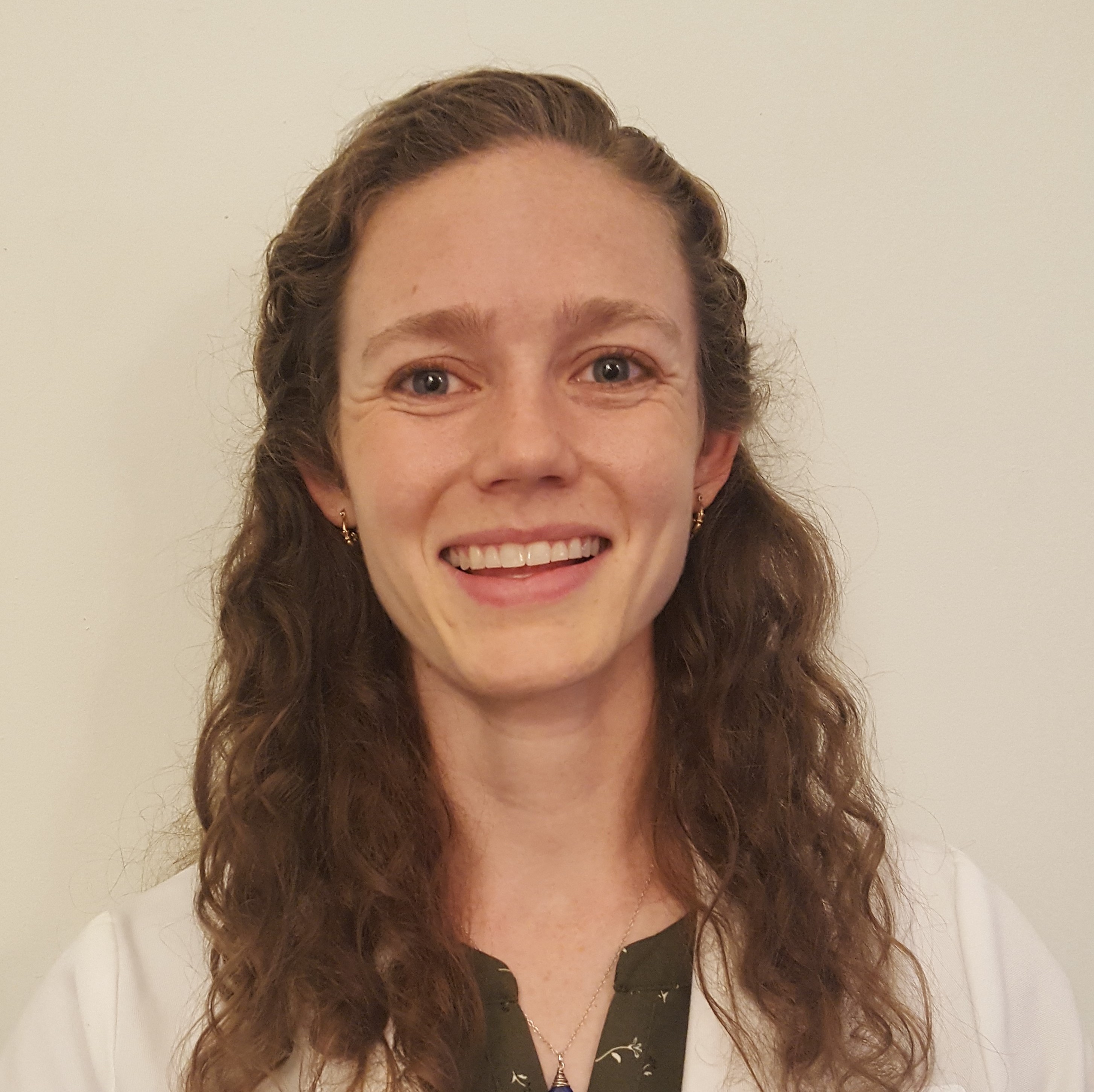Spotlight On: Rebecca Baldwin '19
November 17, 2022
 When did you graduate from Drexel?
When did you graduate from Drexel?
I graduated from Drexel in December of 2019, just before the pandemic started.
What drew you to the PA profession and Drexel’s program, specifically?
I appreciated that PAs are quick to get to clinical practice with a focus on continued learning, especially during the first few years after graduating. On paper, Drexel’s program stood out to me because of the focus on providing primary care in medically underserved areas. During the interview day at Drexel, it was great to meet current students and faculty members. Everyone was welcoming and the students acted like teammates, not competitors. It felt like a good sign that the faculty members knew the names of the students and cared about the students’ wellbeing, not just their grades.
Was there a faculty member that inspired you during school?
Adrian Banning [DHSc, MMS, PA-C, former associate clinical professor] inspired me to never apologize for having a question. She unapologetically exuded confidence and competence. It was great to have a role model like her throughout school.
After graduation, where did you practice?
Since graduation, I have been a cardiology PA for Cardiology Consultants of Philadelphia. I see inpatients at Riddle Hospital in Media, Pennsylvania, 30 minutes west of Philadelphia.
In your first year out of school, what was the most important lesson you learned?
There was a lot I did not know when I started, as with any new PA. It’s a steep learning curve, especially going into a specialty. It was great when I learned how to differentiate an urgent/emergent question from a routine question. By this time, I was no longer bombarding my collaborating physician with texts and calls for routine questions, anxiously awaiting their response. Once I learned what was not urgent, I would make note of a question I had and breathe a little easier knowing I’d get an answer the next time I routinely touched base with the physician. Now they know when I do text or call, it warrants a quick response.
What environment do you practice in now?
I still work at Riddle Hospital doing inpatient cardiology.
How can PA professionals improve health equity?
Make no assumptions about your patients. Each person has a unique story that deserves to be heard with fresh eyes and ears so they get the best medical care you are able to provide.
Describe a day in your clinical practice.
I get to the hospital around 7:30 a.m. to start rounding. I touch base with the physician in-person or by text to determine how we’re dividing the list for the day. I usually start by checking on the charts of the sickest patients from the day prior and anyone who has a procedure planned for the day (cardiac catheterization, cardioversion, etc.) to evaluate for major overnight events and make sure all of the orders are correct. Then, I typically see the new consults, followed by the routine follow ups. Around noon, I head to my office for lunch and give the physician updates on the patients I saw throughout the morning. In the afternoon, I see new consults as they are ordered. Outside of seeing hospitalized patients, I supervise outpatient stress testing and answer outpatient phone calls when patients have clinical questions. I head home between 4:30 and 5:30 p.m. I work Monday through Friday.
For a student about to graduate, what strategies would you share about how to stay present and avoid burnout?
Listen to your patients as a whole person, not a symptom in a room. Don’t head to the emergency department to see “the chest pain in bed 5.” Go see "Mr. Jones, an elderly gentleman who is having a pretty scary day that led to him ending up on the emergency room." It is helpful to me to remember that each patient is a human who needs my help and expertise. Even if I don’t have all of the answers yet, I tell them what I do know and tell them how we’re going to find the answers to what we don’t know quite yet.
I also find it really helpful to tell myself that although I don’t know everything, I know a lot more now than I knew last year, last month or even yesterday.
Take care of yourself! Every day, make sure to take time for yourself. Self care can include exercise, cooking healthy food, sleeping, reading, spending time with people you love, going out for a meal or drinks. It’s important to keep being a lifelong learner, but it’s even more important to have balance in your life, so you can keep learning for your whole lifetime, or at least the duration of your long career as a PA until you retire.